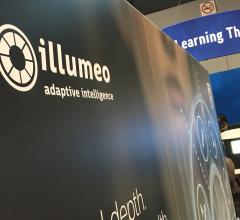Philips
222 Jacobs St.,
Cambridge, MA 02141
Phone:
1-800-229-6417
Product Categories:
Fusion Imaging Software, Angiography, Treatment Planning, PET-CT, Radiation Dose Management, Computed Tomography (CT), Magnetic Resonance Imaging (MRI), Ultrasound Imaging, Cardiovascular Ultrasound, Information Technology, Artificial Intelligence, Mobile Devices, Enterprise Imaging, Cardiac PACS, PACS

 January 15, 2019
January 15, 2019 







